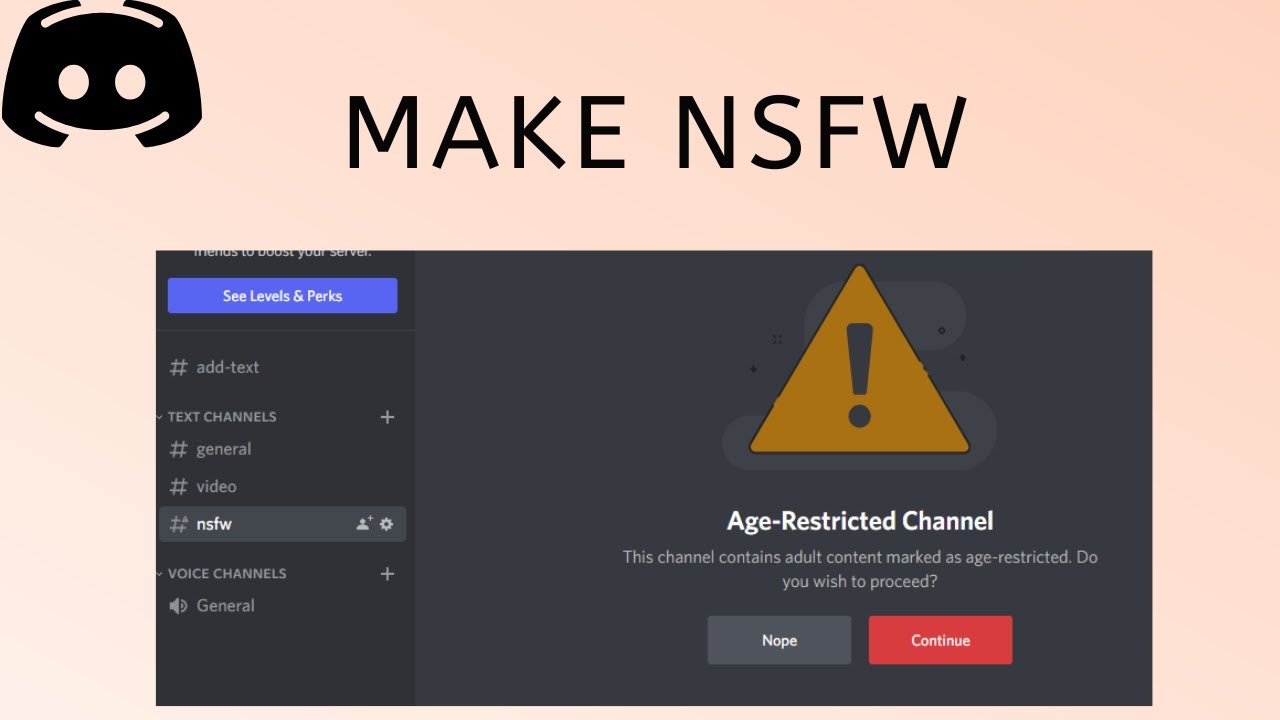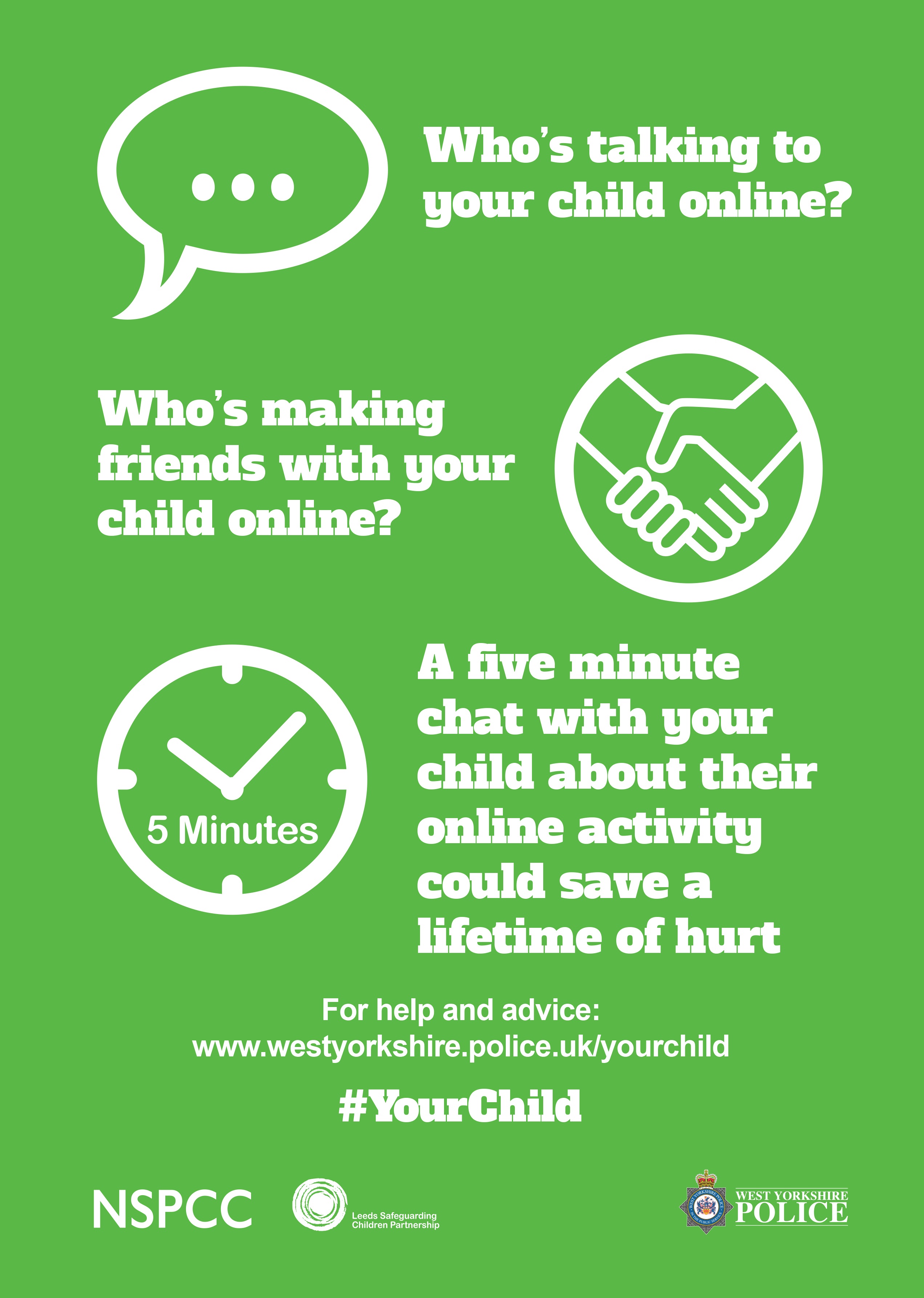NSFW Leaks: Uncovering Risks & Safeguarding Privacy Online

NSFW Leaks: Uncovering Risks & Safeguarding Privacy Online
In an era where digital footprints are indelible and personal boundaries are increasingly blurred, the phenomenon of NSFW (Not Safe For Work) leaks has emerged as a pressing concern. From celebrities to everyday individuals, the unauthorized sharing of intimate content has become a pervasive issue, raising questions about privacy, consent, and the darker corners of the internet. This article delves into the risks associated with NSFW leaks, explores the psychological and societal implications, and provides actionable strategies to safeguard your digital privacy.
The Anatomy of NSFW Leaks: How and Why They Happen
NSFW leaks typically occur through three primary channels: revenge porn, hacking, and social engineering. Revenge porn, a term that underscores the malicious intent behind such actions, involves ex-partners or acquaintances sharing explicit content without consent. Hacking, on the other hand, exploits vulnerabilities in personal devices or cloud storage, while social engineering manipulates individuals into voluntarily sharing sensitive material.
The Psychological Toll: Victims in the Spotlight
The impact of NSFW leaks extends far beyond embarrassment. Victims often face cyberbullying, depression, and anxiety, with long-term consequences for their personal and professional lives. A study by the Cyber Civil Rights Initiative found that 90% of revenge porn victims experience severe emotional distress, and 40% contemplate suicide. The public nature of these leaks amplifies the trauma, as victims are often judged and stigmatized by society.
"The internet never forgets, and for victims of NSFW leaks, this means a lifetime of living with the fear of being recognized or judged."
The Legal Landscape: A Patchwork of Protection
While laws against NSFW leaks are evolving, the legal framework remains inconsistent. In the United States, 38 states have enacted laws specifically targeting revenge porn, but enforcement varies widely. In contrast, countries like the UK have broader legislation under the Voyeurism (Offences) Act 2019, which criminalizes the non-consensual sharing of intimate images.
| Country | Legal Protection | Penalty |
|---|---|---|
| USA | State-specific laws | Fines, imprisonment (varies) |
| UK | Voyeurism Act 2019 | Up to 2 years in prison |
| Australia | Criminal Code Act 1995 | Up to 7 years in prison |

Safeguarding Your Privacy: A Proactive Approach
Preventing NSFW leaks requires a combination of technical vigilance and behavioral awareness. Here’s a step-by-step guide to protecting your digital privacy:
The Role of Technology: Tools for Protection
Advancements in technology offer new ways to combat NSFW leaks. AI-powered image recognition tools can detect and flag non-consensual content, while watermarking software can deter unauthorized sharing. Platforms like Google’s Content ID and HashMatch databases are being used to identify and remove leaked content swiftly.
The Societal Shift: Changing Perspectives
Addressing NSFW leaks requires a cultural shift in how we perceive privacy and consent. Education plays a pivotal role, with schools and workplaces increasingly incorporating digital literacy programs. Campaigns like #EndRevengePorn aim to destigmatize victims and hold perpetrators accountable.
FAQ Section
What should I do if my NSFW content is leaked?
+Immediately report the content to the platform where it’s shared, contact law enforcement, and seek support from organizations like the Cyber Civil Rights Initiative.
Can NSFW leaks be completely erased from the internet?
+While complete erasure is challenging, tools like DMCA takedown requests and content removal services can significantly reduce the visibility of leaked material.
How can I support someone whose content has been leaked?
+Offer emotional support, help them document evidence, and encourage them to seek legal assistance. Avoid judgment and respect their privacy.
Are there any apps to prevent NSFW leaks?
+Apps like MyEx and StopNCII.org offer tools to prevent and address non-consensual image sharing.
Conclusion: Navigating a Complex Digital Landscape
NSFW leaks are a stark reminder of the vulnerabilities inherent in our digital lives. While technology offers solutions, the ultimate defense lies in awareness, empathy, and collective action. By understanding the risks, advocating for stronger protections, and prioritizing consent, we can mitigate the harm caused by these leaks and foster a more respectful online culture. The fight against NSFW leaks is not just about safeguarding privacy—it’s about upholding human dignity in the digital age.

